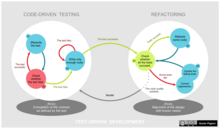user47589
user47589
user47589
user47589
user47589
user47589
user47589
user47589
user47589
user47589
user47589
user47589
user47589
user47589
user47589
user47589
user47589
user47589
user47589
user47589
user47589
user47589
user47589
user47589
user4451265
user4451265
user47589
user4451265
user47589

